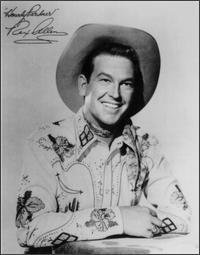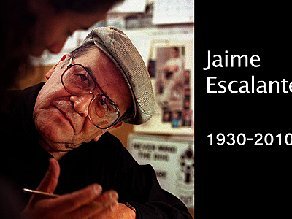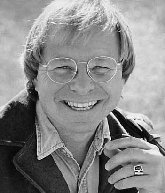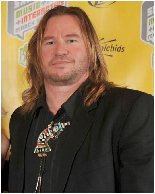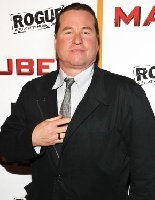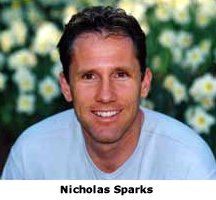Relax as our Old-Fashioned Potato Soup simmers stovetop, and look forward to the thick, rich-tasting result that is as wonderful as the original, but uses a today shortcut to make it even easier.
- 1 1/2 cups diced onion
- 1/4 cup (1/2 stick) butter or margarine
- 4 cups large-diced potatoes (about 2 to 2-1/2 pounds)
- 1 carrot, coarsely grated
- 2 cups water
- 1 teaspoon salt
- 1/2 teaspoon pepper
- 1 teaspoon dried dillweed
- 3 cups milk
- 2 tablespoons chopped fresh parsley
- 1/4 cup potato flakes
- In a large saucepan, brown the onion in the butter. Add the potatoes, carrot, water, salt, pepper and dillweed.
- Cook on low until potatoes are creamy, about 45 minutes. Stir in the milk and parsley and continue cooking until mixture is heated through. Stir in the potato flakes.
1943 – Sir Ben Kingsley, English actor
1965 – Nicholas Sparks, American author
HOW TO OBSERVE
- Host a party to ring in the New Year
- Set some achievable goals
- If you can’t be at a celebration, watch one live on television
- Have a game night with your family and see who lasts until midnight
- Go for a midnight run
- Attend a concert that goes past midnight
- Go ice-skating at a nearby park or indoor rink
- Kiss your spouse or significant other at midnight
- Enjoy a quiet evening at home journaling
- Think about what you can do to make next year the best one of your life
NEW YEAR’S EVE HISTORY
National Champagne Day recognizes the wine that puts the pop in every New Year’s Eve celebration.
Genuine champagne only comes from France’s Champagne region. French law protects where and how it is made. With some exceptions, only Champagne made according to set specifications and within the French region may label their wines using the term “Champagne.” Other foods and beverages fall under this type of protection in France and other parts of the world.
Champagne, France, is located northeast of Paris and provides ideal temperature and soil to produce the grapes required for Champagne. French law allows only eight varieties of grapes for the production of Champagne in the Champagne region. Primarily, the three grapes used to create Champagne are Chardonnay, Pinot Noir, and Pinot Meunier.
Unlike other wines, Champagne ferments in the bottle allowing the vintner to trap the CO2 in the bottle. The bubbles give Champagne its effervescence.
While Champagne can be spendy, if you are looking for a little pop on New Year’s Eve, other varieties of sparkling wine are available from Italy, California, and even the South of France. They offer a sparkle that won’t put a fizzle in your pocketbook. Then again, some New Years mean an opportunity for splurging and celebrating no matter the expense.
















